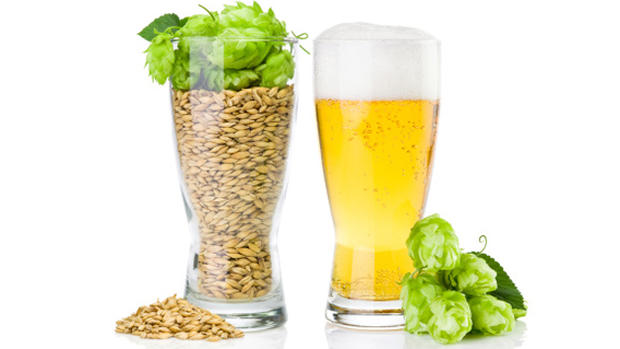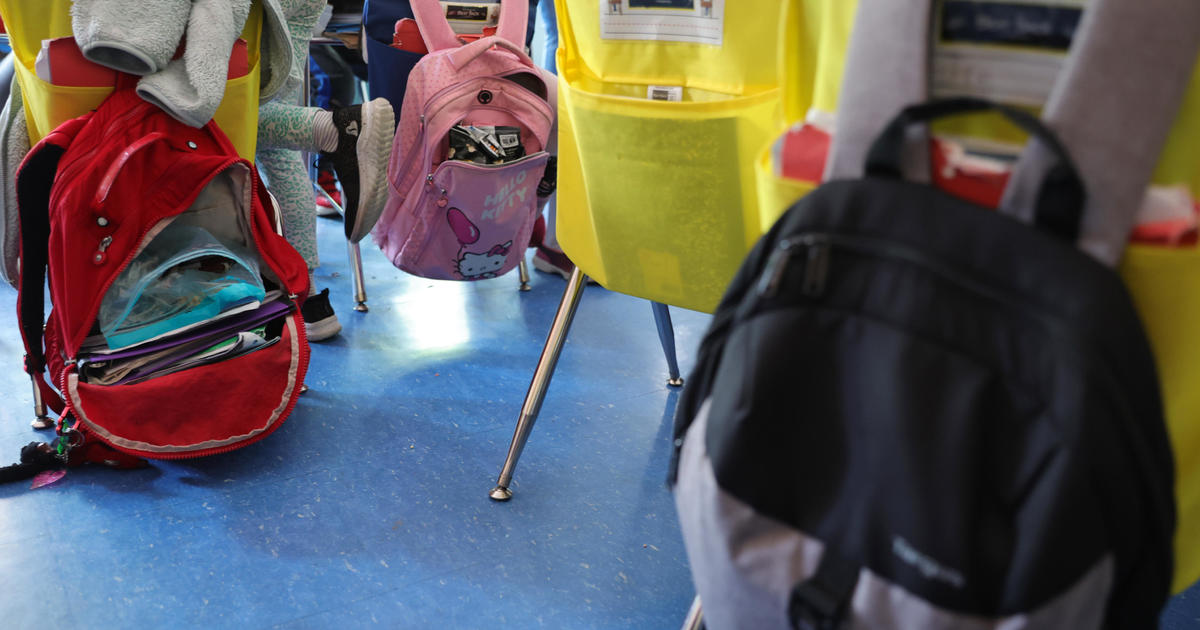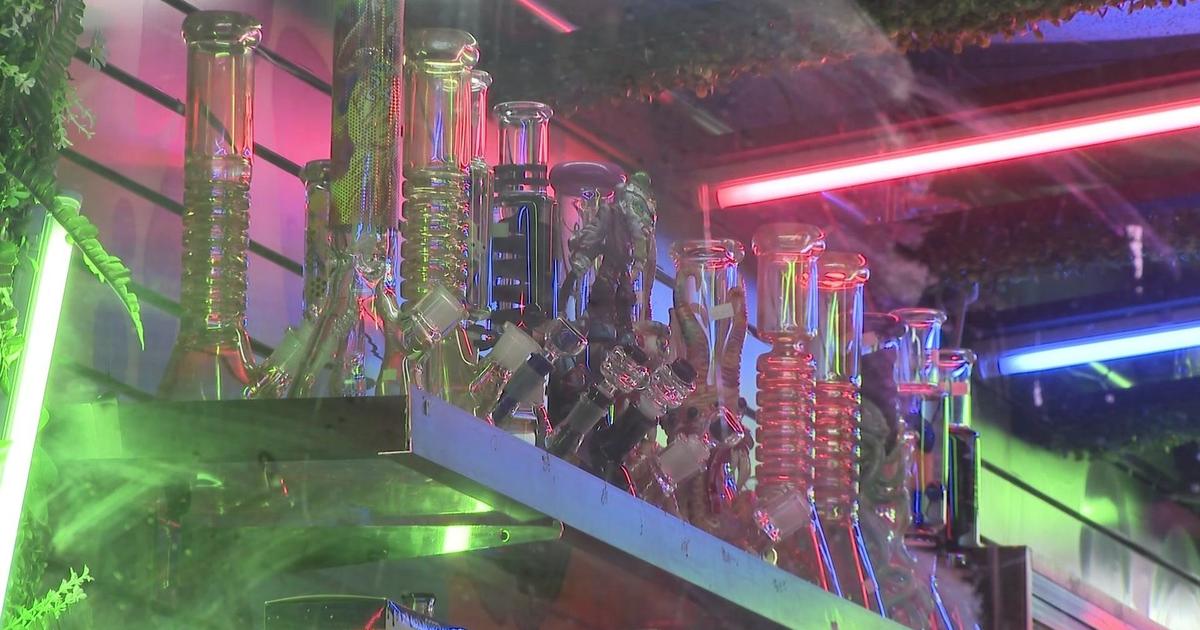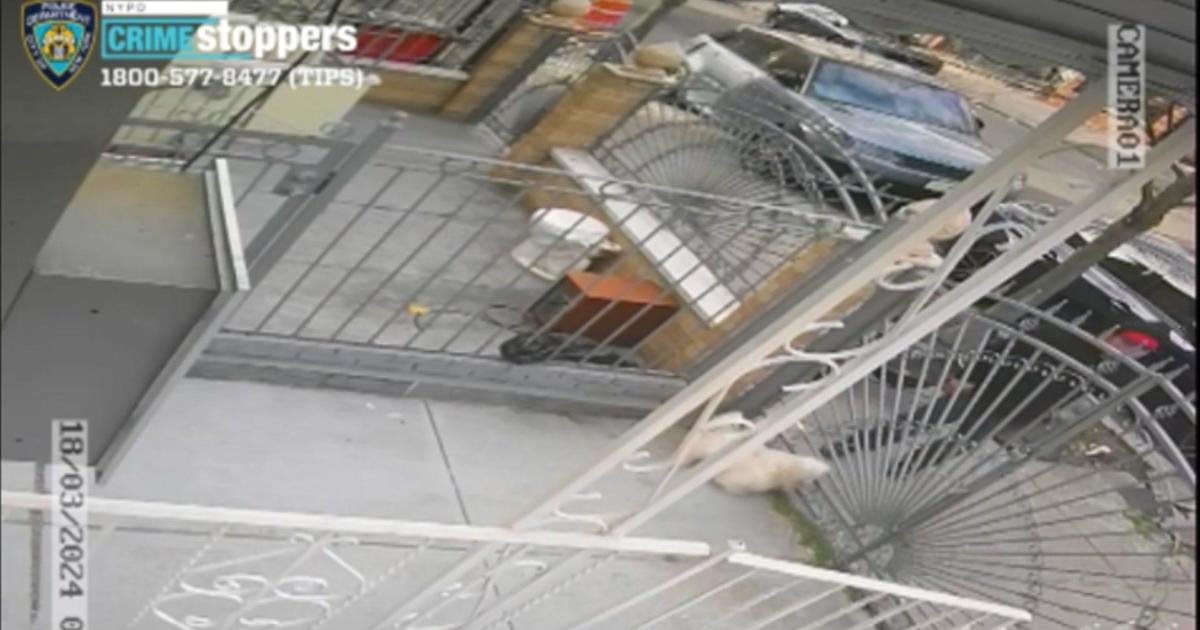Ask A NYC Expert: Tips For Brewing Your Own Beer
If you've been mulling over the idea of a DIY home brew, you're not alone. Once the cult-like domain of a few hardy souls, brewing beer at home has exploded in popularity, sophistication and camaraderie, allowing for consumers to create and craft their own brews within the regulations of their individual states. Home-brewing became legalized federally in 1978, but did not become officially legal in all 50 states until 2013. If you're thinking about getting started in the wonderful world of home-brewed beer, brewery owner and experienced home brewer, Jay Sykes, has some great advice and tips for you.
Related: Best Breweries In New York City
Jay Sykes- The Flagship Brewing Company
40 Minthorne St.
Staten Island, New York 10301
(718) 448-5284
theflagshipbrewery.com
The Executive Vice President and Chief Operating Officer of Staten Island's only brewery knows a thing or two about home brew. Back in the day, Jay Sykes started out selling beer for a New York-based distributor before deciding it was time to open the first and only, uber-cool brewery on New York's most-maritime borough. A home-brewer himself, Sykes' love of suds extends to the monthly beer club meetings he holds at Flagship Brewing. But if you can't take the Staten Island Ferry to his meetings, don't despair. You can find his tips for home-brewing, right here.
Start With Extract Brewing
"Beginning brewers probably don't have all the gizmos needed for expert brewing. If you're just learning how to home brew, you may want to start by buying ready-made malt extract, the syrupy, fermentable sugars extracted from grain and processed in a mill. This is called extract brewing, a process which requires minimal equipment but still yields a great product," explains Sykes.
Consider A Kit
"Home brewing kits were how I started. If you start with a well-designed kit, you know you have everything you need on brewing day. Just make sure to read the instructions carefully in advance, not as you go, so there are no surprises," he says. Sykes sends newbie brewers to Brooklyn-based Bitter & Esters for kits and other supplies.
Be Immaculately Clean
Use an unscented cleaning fluid to thoroughly scrub all of your brewing equipment. Even microscopic amounts of dirt or debris can spoil an entire batch of beer. "People don't realize that wild yeast is airborne and around us at all times. If wild yeast gets into your batch, it can disrupt fermentation," he says.
Check Your Fermenter For Holes
Holes can also prove to be a way of tainting your beer. "If your fermenter has even pinpoint-sized openings, microorganisms like wild yeast can get in, changing the flavor of your beer and making it sour. Sour beer is popular now, but you want to brew what you set out to brew," he adds.
Get Creative
"This is an exciting time for home brewers and a great way to show off your creativity," says Sykes, who recommends experimenting with different flavors and ingredients. "Connect with other home brewers to see what they're doing and to benefit from their trial and errors. There's an amazing community of home brewers growing everywhere, who love to tell tales and share a mug or two," he adds.
Corey Whelan is a freelance writer in New York. Her work can be found at Examiner.com.




